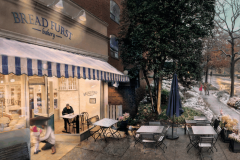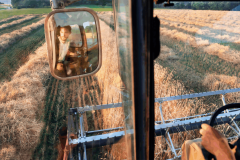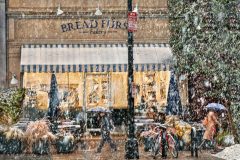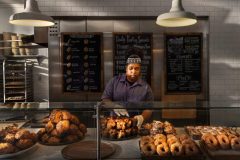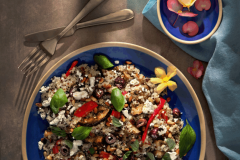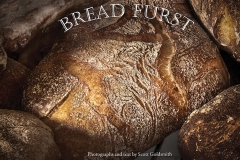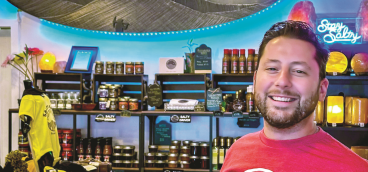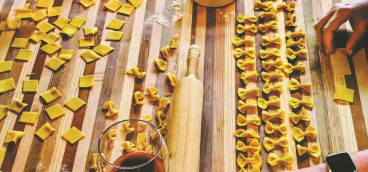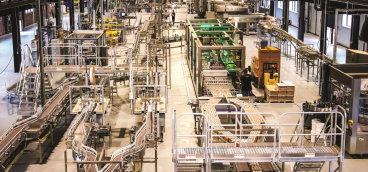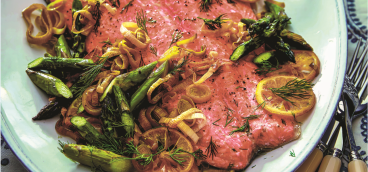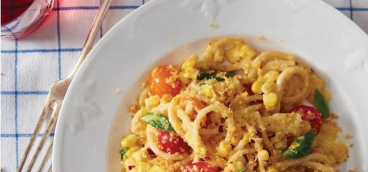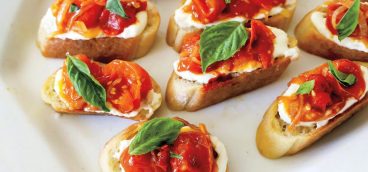Flour, Fire, and Friendship: The Heart of Bread Furst Bakery
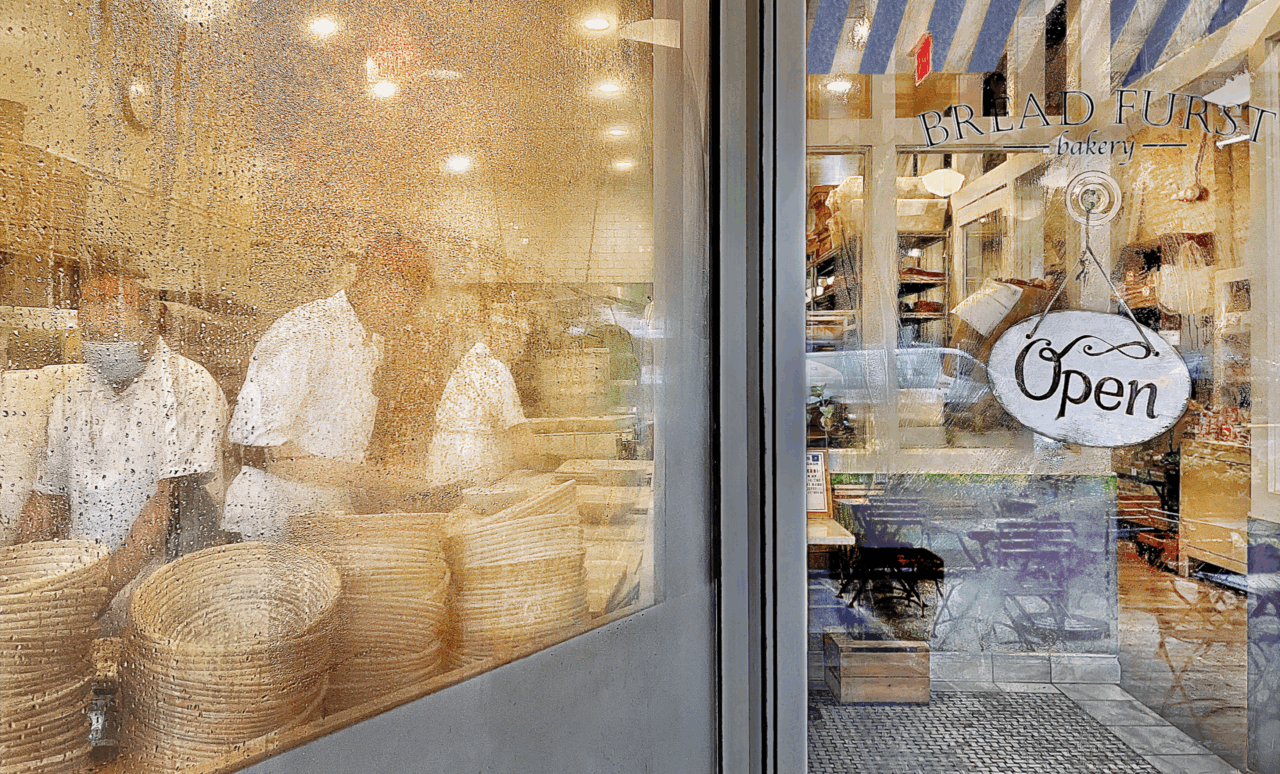
A swirl of flour dust hangs in the air, caught in golden morning light as an artisan baker shapes a baguette. Through the expansive windows of Bread Furst, Washington, D.C.’s beloved neighborhood bakery, passersby pause, mesmerized by the rhythmic ballet of bread making. This is no ordinary bakery. It is the realization of a dream — one born from the hands and heart of Mark Furstenberg, a man who, in his 70s, embarked on his most ambitious culinary journey yet.
Furstenberg’s path to bread making was anything but conventional. He entered the world in Baltimore, the child of immigrant parents. His career meandered through writing for The Washington Post, serving as an aide to Senator John Kennedy, and even running a copper tubing factory. But it was a fateful trip to France in the early 1990s that fueled his passion for artisanal baking, leading him to co-found Marvelous Market and later Breadline — both seminal establishments that transformed the D.C. bread scene.
By 2014, at 74, Furstenberg was ready to leave behind more than just a bakery — he wanted to build a legacy. With a vision as precise as his hands kneading dough, he opened Bread Furst on Connecticut Avenue, a stone’s throw from Politics and Prose, the iconic bookstore founded by his sister, Carla. Like the bookstore, Bread Furst was designed to be a cornerstone of the community, a place where people came not just for bread, but for connection. The hard work had an extra payoff when Furstenberg won the coveted James Beard Award as the best U.S. baker in 2017.
Where the Magic Happens
Stepping into Bread Furst is akin to stepping into a warm embrace. The scent of freshly baked baguettes mingles with the rich aroma of dark coffee and sweet pastries. Outside, the patio hums with conversations, a place where dogs patiently wait for fallen crumbs and squirrels dart between café chairs.
A look through the kitchen windows reveals the soul of the bakery: three open kitchens, each dedicated to a different craft — bread, pastries, and savory dishes. Here, bakers and chefs work tirelessly, their hands moving with the certainty of experience, transforming raw ingredients into edible works of art. Every step is intentional, from the selection of many grains — grown and milled at Pecan Meadow Farm in Pennsylvania — to the slow fermentation that coaxes deep flavor from each loaf.
Bread Furst’s offerings are both classic and inventive. Crisp baguettes, nutty ryes, and golden semolina breads sit beside Montreal-style bagels, buttery croissants, and “Cookie Roberts,” a sweet tribute to Furstenberg’s late friend, the journalist Cokie Roberts. Beyond bread, the bakery embraces Mediterranean-inspired cuisine, with dishes such as baba ghanoush, quinoa salad, and spicy chickpeas with kale, that linger in one’s memory long after the last spoonful. Pastries are created by Chef Cecile Mouthon, who spent summers at her grandparents’ bakery in the French alps. Mouthon studied at L’Academie de Cuisine.
The Book That Brought It to Life
My wife and I moved to an apartment one block from the bakery, drawn by its warmth, craft, and spirit of community. My casual admiration turned into a book mission and, over the course of several years, I captured Bread Furst in its most authentic moments — the quiet focus of bakers at dawn, the joyful chatter of customers at midday, and and the comforting aroma of the last loaves pulled from the oven in the late afternoon.
The photographs tell the story of Bread Furst as a living, breathing entity, with 14 recipes, each a testament to Furstenberg’s dedication to quality and tradition. The book offers tips for home bakers, and a dive into Pecan Meadow Farm, where much of the bakery’s wheat is grown with sustainable farming.
In a world of fleeting food trends, Bread Furst is a testament to the enduring power of well-made bread. It is about creating something meaningful, something that brings people together. It is about standing in line, chatting with a stranger, and leaving with not just a loaf of bread, but also a sense of belonging.

